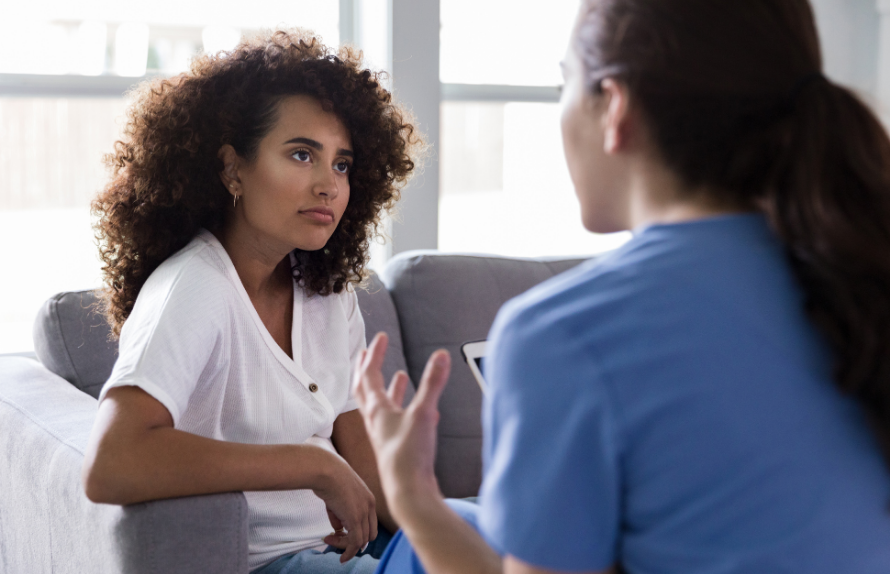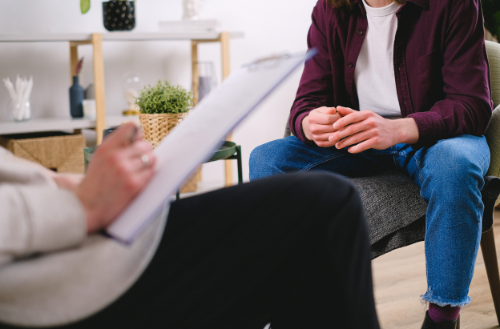
23.06.2025
Navigating the Complexities of Multi-Trauma Together
Multi-trauma recovery is rarely simple - and it’s never the same for any two people. At Corporé, we specialise in helping individuals navigate complex physical and emotional challenges after injury, providing compassionate, clinically led case management every step of the…
Latest News & Resources

The Team
09.05.2025
A New Era of Customer Focus
Read article

TTN
27.03.2025
Understanding DPDR: Depersonalisation-derealisation
Read article

Case Management
27.03.2025
What is Desktop Case Management?
Read article

Case Management
27.03.2025
What is Rehabilitation Case Management?
Read article

Case Management
27.03.2025
What is Catastrophic Case Management?
Read article

Case Management
27.03.2025
Embracing Strength in Adversity with Corporé’s Major Incident Rehabilitation Service
Read article

TTN
27.03.2025
Who are The Treatment Network Experts?
Read article

Case Management
10.03.2025
The Key Pillars of Multi-Trauma Case Management
Read article